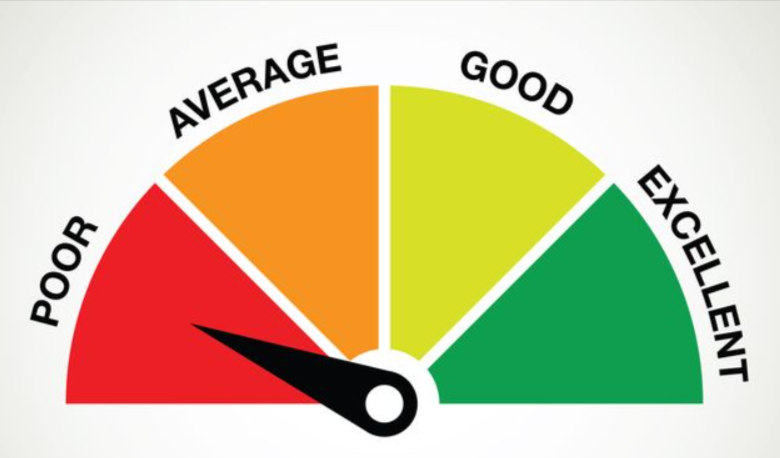
Do you have a bad credit score? Do you want to improve your CIBIL scores? A good CIBIL score is essential for getting a loan. Most lenders would reject a loan request if the CIBIL score was 0 or low. The CIBIL score ranges between 300 and 900. A score between 300 and 549 is regarded as low, whereas a score between 550 and 700 is deemed ordinary or fair. The closer your credit score is near 900, the more likely you are to be approved for a loan quickly.
Building CIBIL scores, on the other hand, takes time and patience, and it is not something that can be done in a day or two. A significant CIBIL Score takes at least 6 months to a year to achieve. Some of the strategies to improve CIBIL scores are listed below.
-
Take out a longer-term loan.
Choose the longest term possible when applying for a loan. This is advantageous in three ways. Your Equated Monthly Instalment (EMI) will be low, which is one of the benefits. You will be able to make payments more easily as a result of this. The second advantage is that each on-time EMI payment will improve your credit score. The next factor to consider is that the longer your loan term is, the longer your credit history will be. The age of your loan accounts has an impact on your credit score. As a result, the longer you’ve had your loan account open, the higher your credit score will be.
-
Utilize various types of credit to build a credit history.
If you have never borrowed money before, your cibil score will be zero. Make sure you have a healthy mix of secured and unsecured loans with long and short terms while putting it together. You have the option of getting a credit card or opening a savings account. This will help you acquire lower interest rates and higher loan amounts when you apply for a loan, as well as improve your CIBIL score.
-
Correct any mistakes on your credit report.
You should examine your credit report on a regular basis because credit report inaccuracies lower your CIBIL score. To ensure a valid CIBIL score, you must have a correct credit report. In your credit report, provide all relevant information, such as your aadhaar card, PAN card, DOB, and other fundamental information.
-
Obtain a guarantor.
You can acquire a loan even if your credit score is nil or low provided you have a guarantor with a good credit history. The guarantee, on the other hand, will be equally accountable for the loan, and if you are unable to return it, your guarantor will be forced to do so on your behalf.
-
Avoid getting too much debt or using numerous credit cards at the same time.
In the eyes of your lender, having too many credit cards at once makes you credit hungry. You should not have too much debt because managing many EMIs is difficult, and skipping any payment may harm your credit score.
-
Pay all of your bills in a timely manner.
If you miss an EMI or a pending bill, it will have a significant impact on your CIBIL score. To maintain your CIBIL score, make sure to pay all of your expenses on time.
The Bottom Line
In general, a credit instrument like a personal loan or a credit card can help you build a great credit history in 6 to 12 months. However, in the long run, living a financially disciplined lifestyle is your most crucial task if you want to be approved for credit in the future. You need to understand that the CIBIL scores cannot be built in a day or two as it is a time taking process. A single timely or late payment affects your credit scores in a strong way. Consistent approach is must to stabilize and grow your scores. Use the methods outlined above to improve your CIBIL score and gain access to no-hassle loans.
Read Also:- How to use Credit Card during COVID-19





